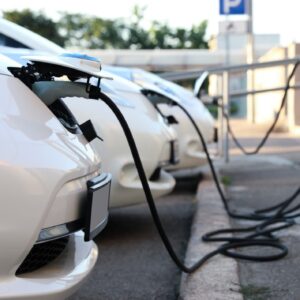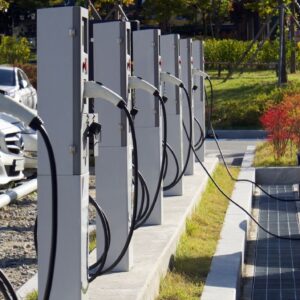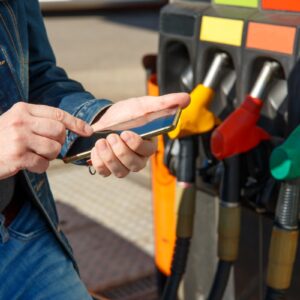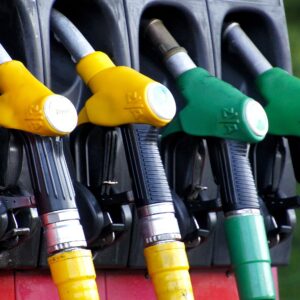Top Trends Every Retailer Should Be Aware of for 2023
2023 marks the fourth year of a decade that began with a once-in-a-lifetime pandemic that transformed the retail industry. As supply chain issues and other economic challenges caused by the pandemic continue to fester, retailers are finding a new normal with hybrid shopping. This means retailers have even more opportunities to create new offerings and optimize the consumer journey.
Gabe Olives Of Impact 21 Joins The Transportation Energy Institute Board Of Advisors
Chief Information Officer of Impact 21, Gabe Olives brings his industry expertise in technology, fuel management, legislative affairs, POS/BOS, and […]
When to Prepare for EV
Though there remains ongoing debate around how to best deploy the EV infrastructure, and although internal combustion vehicles will surely remain in market for a long time to come, the tipping point for national EV adoption remains an inevitability.
How should petroleum marketers plan remaining a relevant energy provider to consumers as drivers migrate to electric vehicles?
The Federal government and myriad states continue to plow forward in setting new laws and providing consumer incentives to push the market towards a critical mass of electric vehicles. For petroleum marketers, the change in how vehicles will “fuel” is a cause for transformation as well. Do petroleum marketers want to maintain their relationships with their current fuel customers and provide charging stations for them to continue to come to their sites?
Not All Fleets Are Created Equal
Whether an organization maintains an existing fleet offering or they’re evaluating fleet as a new opportunity, one of the most common barriers that retailers face when attempting to gain incremental market share is that their offering assumes a universal need across the fleet portfolio. In reality, the needs that over-the-road (OTR) fleet users require in a program will vary starkly from the use cases that light commercial vehicles will demand.
For Petroleum Marketers frustrated with their Mobile Payment Processing Application, where should they turn?
An important first step in solving any problem is to accurately identify the root cause of the problem and any potential solutions. For petroleum marketers with a mobile payment solution in place, looking at the entire ecosystem, evaluating where improvements could be gained, and looking at what solutions reside in the market are the definitive first steps.
Outdoor EMV helped defray fraud, but what about improving security and protecting cardholder data for petroleum marketers?
For petroleum marketers, now on the other side of Outdoor EMV implementation, payments at the pump seem more secure and less prone to fraud. This view is only somewhat true, however: Committing fraud by way of stolen card is now more difficult, but sensitive payment data is both more vulnerable and more under attack than ever before. Outdoor EMV compliance has brought new devices like outdoor payment terminals on automated fuel dispensers onto IP-based networks, creating new opportunities for attackers to exploit systems that have yet to be hardened against black hat activity.
Want to stay in touch? Subscribe to the Newsletter














